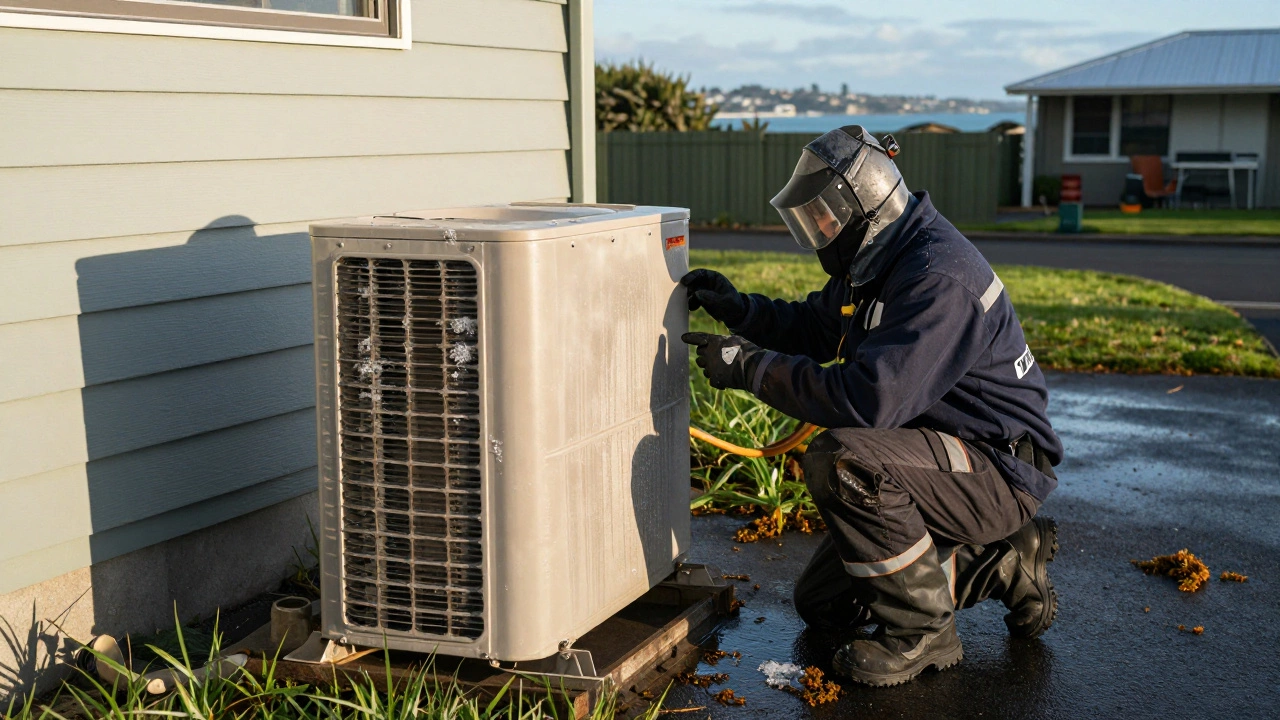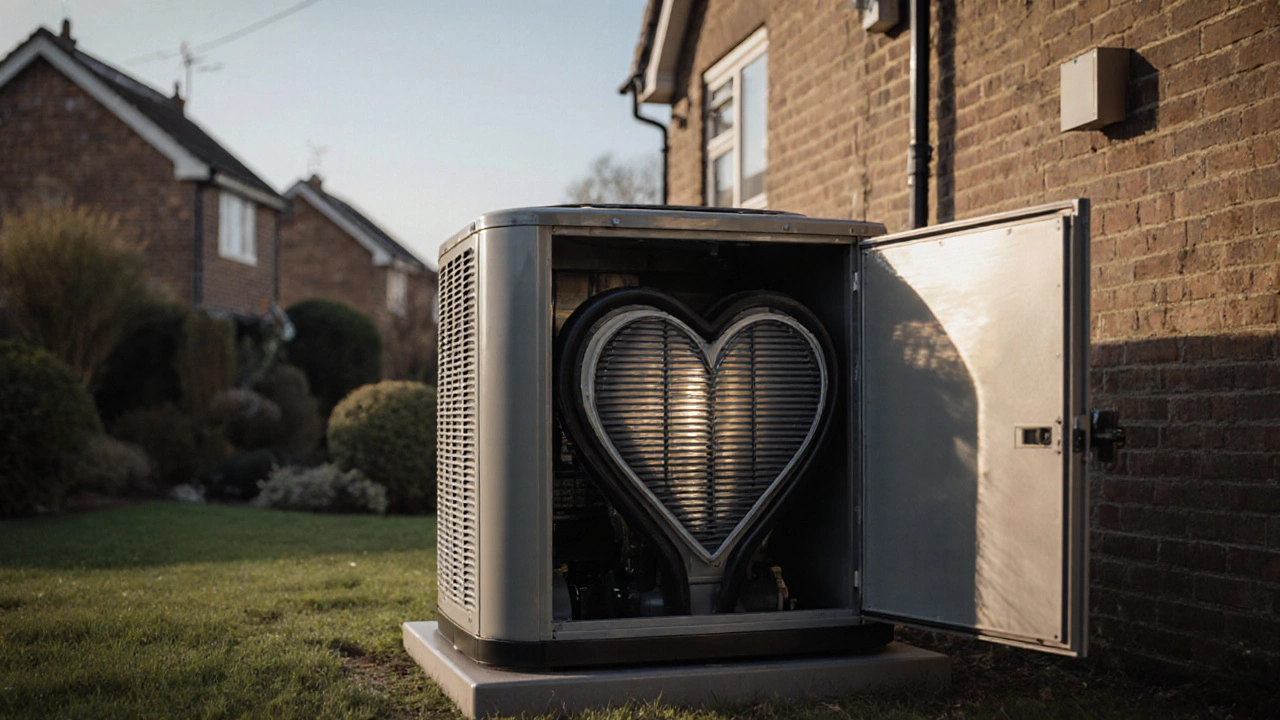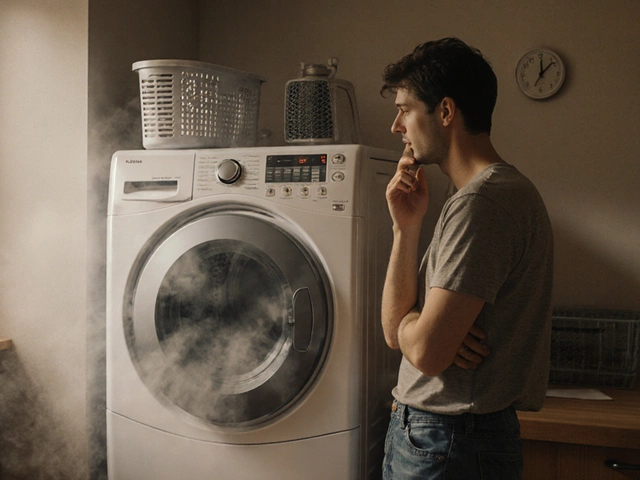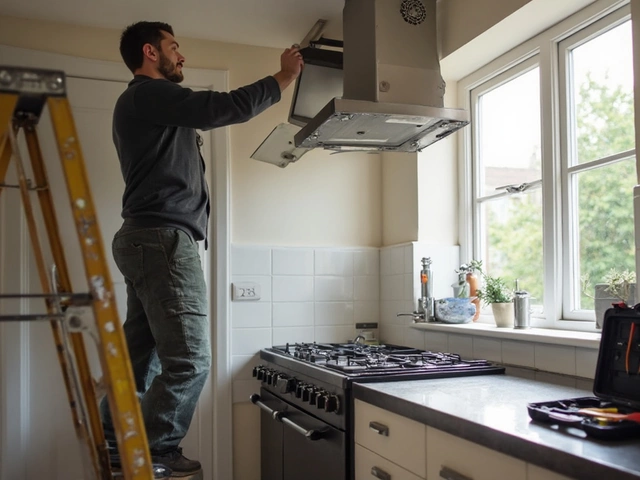Are Boilers Expensive to Replace? What to Expect With Boiler Replacement Costs
April 17 2025Heat Pump Repair Cost: What You Need to Know
When dealing with heat pump repair cost, the total amount you’ll pay for parts, labour, and any service call fees to get your system running again, you quickly see why budgeting matters. Also known as HP repair expense, it can swing wildly based on model age, fault type, and local rates. Another big piece of the puzzle is heat pump replacement, the full price of installing a brand‑new unit when repairs become uneconomical, which often hinges on the unit’s remaining heat pump lifespan, the typical service life of a system before major components wear out. Finally, energy efficiency, a rating that shows how much heat you get per unit of electricity or gas used influences both repair and replacement decisions. Heat pump repair cost is the first metric homeowners check, but it rarely tells the whole story.
Key Factors That Influence Heat Pump Repair Costs
First, the nature of the fault matters. A faulty thermostat or a simple refrigerant top‑up can be fixed for under £150, while compressor failures or coil replacements often push the bill past £1,000. Labour rates also vary: a certified engineer in Bedford typically charges £70‑£90 per hour, and many companies add a call‑out fee of £40‑£60. Parts prices are another driver – a new fan motor might cost £80, but a compressor can exceed £500. Seasonal demand spikes in winter, so expect higher rates when you need urgent service.
Second, the age of your heat pump plays a big role. Systems younger than five years usually have parts under warranty, which can shave hundreds off the price. Once you cross the 10‑year mark, wear‑and‑tear accelerates, and the likelihood of multiple component failures rises. At that stage, the repair‑vs‑replace equation becomes critical. A rule of thumb many engineers use is: if repair costs exceed 50 % of a new unit’s price, replacement is often the smarter investment.
Third, energy efficiency ratings affect long‑term costs. Older units with lower Seasonal Coefficient of Performance (SCOP) use more electricity, so even a cheap repair may not pay off if you’re paying extra on bills each month. Upgrading to a high‑efficiency model can cut heating costs by 20‑30 % and may qualify for government incentives, making the upfront expense more palatable.
Fourth, the type of heat pump matters. Air‑source units are generally cheaper to repair than ground‑source (geothermal) systems because the latter involve buried loops and specialized parts. If you own a ground‑source pump, a coil leak could cost £2,000‑£3,000 to fix, while an air‑source coil replacement might be half that.
Finally, service history influences cost. Regular maintenance – cleaning filters, checking refrigerant levels, and testing controls – can catch small issues before they become big, expensive bills. Many engineers offer a £150 maintenance package that often saves homeowners more than £300 in avoided repairs over a year.
All these variables combine to form the semantic relationship: heat pump repair cost encompasses parts, labour, and service fees; understanding heat pump lifespan influences the repair‑vs‑replace decision; and energy efficiency determines long‑term savings. When you weigh each factor, you get a clearer picture of whether a fix or a fresh install makes financial sense.
Below you’ll find a range of articles that break down specific scenarios – from spotting early signs of failure to calculating exact repair quotes, and even a guide on how to decide if a new heat pump is worth the investment. Use them as a toolbox to plan your next move, whether you’re budgeting for a quick fix or gearing up for a full system upgrade.
 16 Feb
16 Feb
Are Heat Pumps Expensive to Fix? Real Costs in 2026
Heat pump repairs in Auckland range from $50 for a filter change to over $2,000 for a compressor replacement. Learn what fixes are worth it, when to replace, and how to save money with smart maintenance.
Read More... 8 Oct
8 Oct
Heat Pump Compressor Replacement Cost: 2025 Prices & Guide
Learn the true cost of a heat pump compressor replacement in 2025, see price breakdowns, compare types, and get tips to keep expenses low.
Read More...



